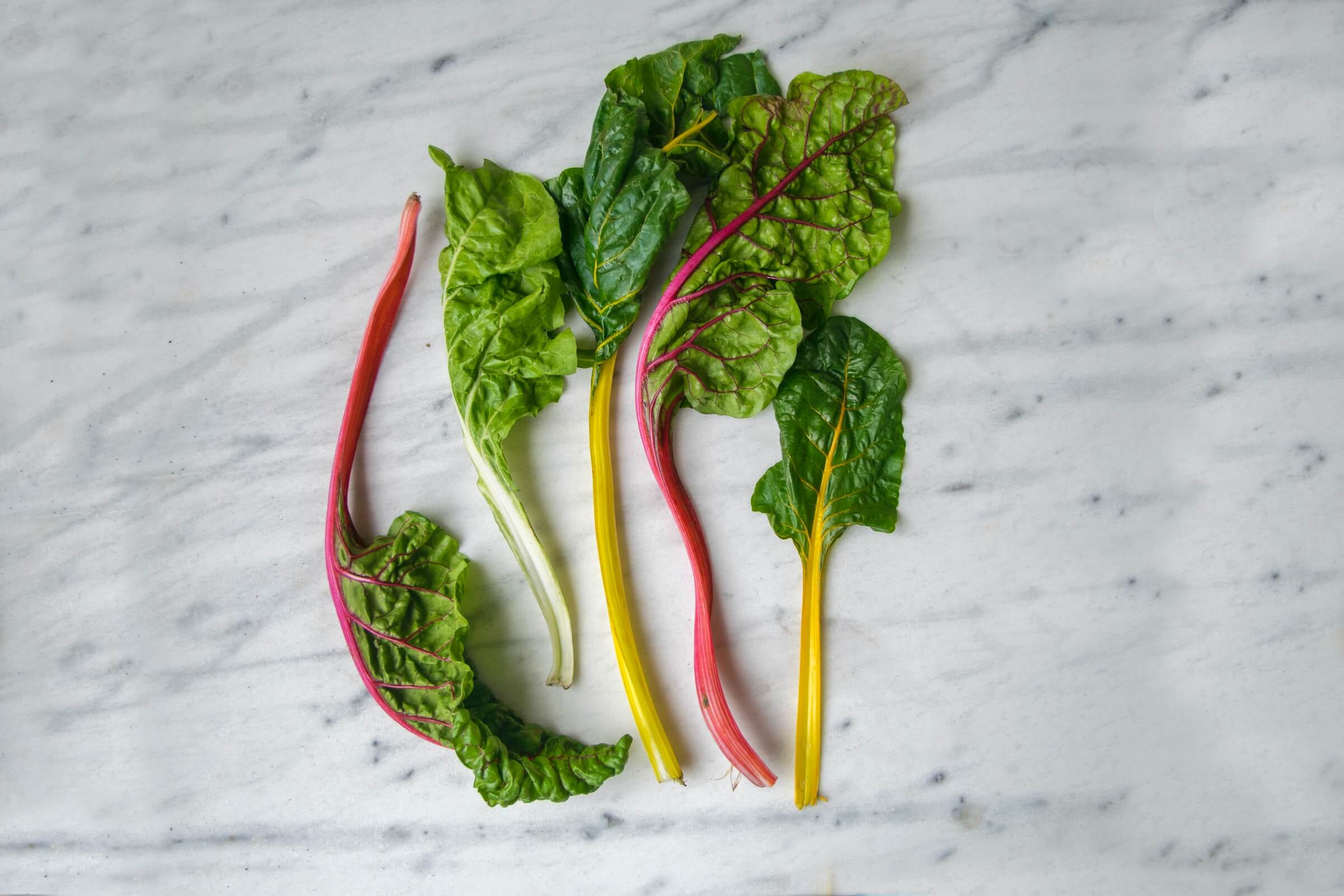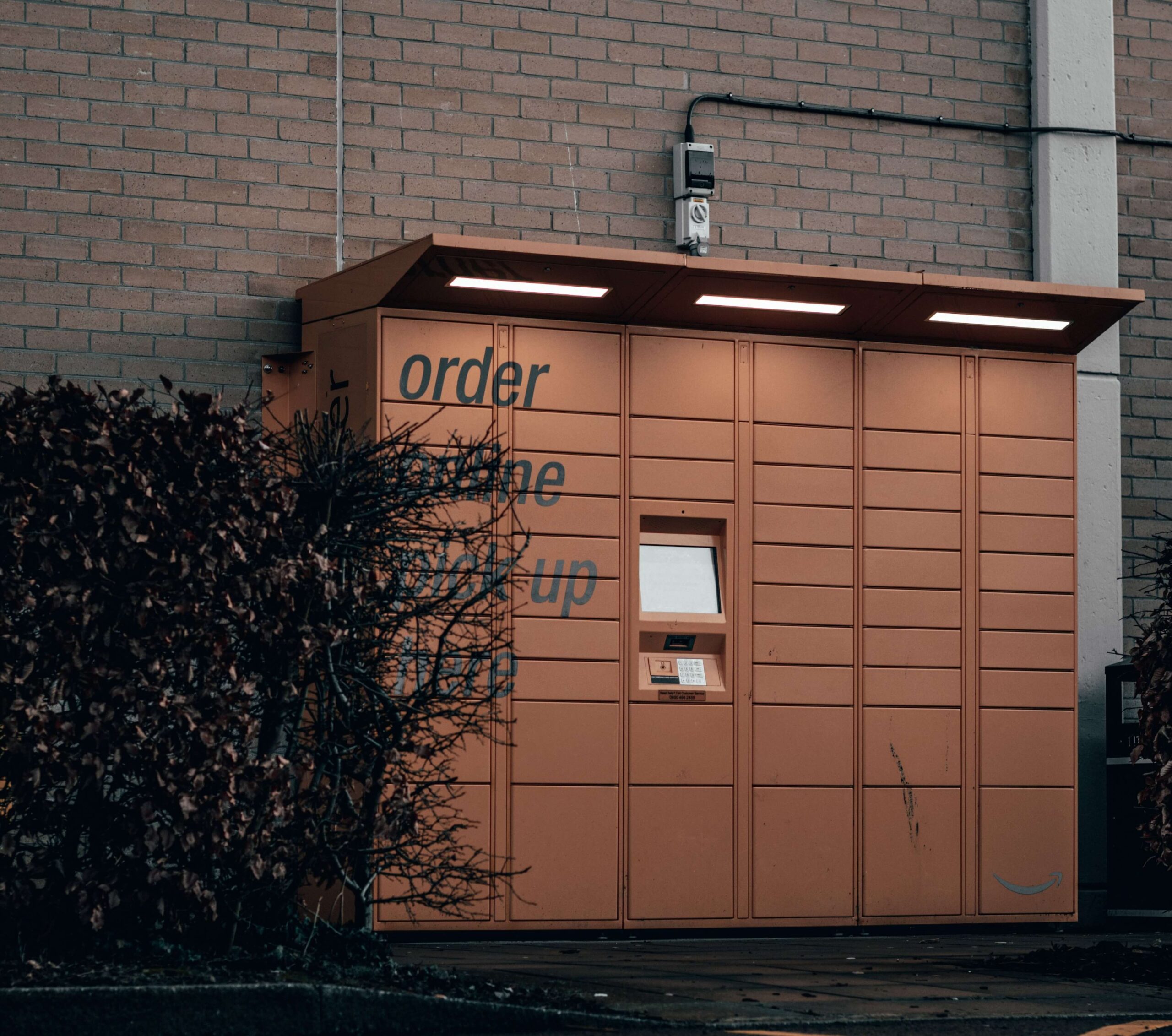Recently Awarded Michelin Star Shines Spotlight on Vegan Menus and Operations
by David Klemt
If there was any question that vegan restaurant concepts are viable, a recently awarded Michelin star has provided a firm and affirmative answer.
Michelin Guide France awarded ONA (Origine Non Animale or “Non-Animal Origin” in English) a Michelin star earlier this week. This marks the first time in the award’s history that a restaurant in France that uses no animal products received a star.
Chef and owner Claire Vallée opened ONA in the city of Arès in the southwest of France in 2016 leveraging a combination of crowdfunding a loan from La Nef, an ethical bank. It has been reported that volunteers helped to finish the project when funds ran out before construction had been completed.
The vegan diet has endured mockery for decades in the United States and Canada. It’s only in recent years that veganism has flourished, bolstered by a belief that the diet is healthier, more sustainable, and more ethical. Growing interest in plant-based diets have also no doubt boosted veganism.
In France, however, the vegan diet hasn’t been embraced as widely as it has throughout North America. Sifting through online searches, travel blogs and posts shows that, generally speaking, vegan options aren’t widely available throughout France’s rich and storied restaurant scene.
For ONA to win a Michelin star shows that attitudes toward the vegan diet in one of the gastronomy and culinary capitals of the world is undergoing a possibly seismic shift.
A number of chefs have returned their Michelin stars or requested their restaurants not be considered for the accolade. For now, however, Michelin stars still recognize outstanding food and operations.
The awarding of a star to ONA is a significant achievement for Chef Vallée and her team.


